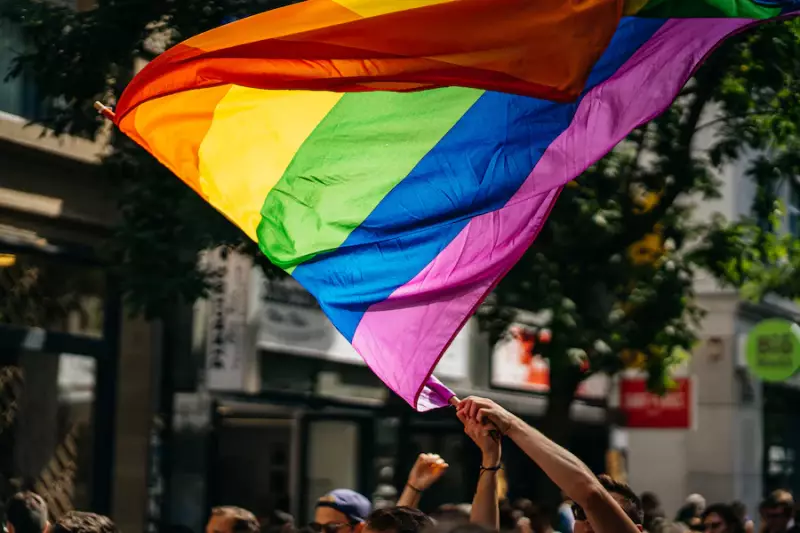
Photo by Raphael Renter | @raphi_rawr on Unsplash
In November, the Church of England approved blessings for same-sex couples, which, whilst not an official marriage ceremony, do involve the exchanging of rings and blessing by a Priest. This was a divisive issue, which was passed on a trial basis by just one vote at the Church’s parliament.
In a country where same-sex marriage was legalised around a decade ago, the Church could be seen as lagging behind greatly in its teachings, which still officially state that marriage is between one man and one woman. LGBTQ+ campaigner and member of the Church’s General Synod Jayne Ozanne denounced the Church as “homophobic”, regardless of this update in its teachings, and it was for this same reason that prominent clergyman Rev. Richard Coles left the Church of England. On the other hand, more conservative Bishops from around the Anglican Communion denounced the decision. Archbishop of South Sudan, Dr. Justin Badi Arama, called the decision “disastrous”.
Although the outcome was favourable for young people, liberals and progressives in and out of the Church, there are serious questions to be asked over the unity of the Bishops, as well as the relationships between the clergy and their parishioners. For example, one Bishop described a “difference of views in the House of Bishops”, where a total of ten voted against the final form of the policy, even though these blessings do not constitute an endorsement of same-sex marriage. Furthermore, questions were raised over whether the issue of same-sex blessings would alienate parishioners from an already declining Church (weekly church attendance in 2021 was on average around 500,000). There is a significant age division in the Church of England which would be exacerbated by this ruling, with more than half of Church of England members aged 18-59, and 48% of members of all ages supporting the full acceptance of same-sex marriage. On the other hand, Church members over the age of 70 are more likely to oppose same-sex unions, by 48% to 36%. This suggests that a further liberalisation of policy may alienate many older and more conservative members, as well as the 40-or-so percent of 18-59 year-olds who oppose same-sex unions.
Comprehensive polling by the Times found that around 50% of Church of England clergy would bless same-sex marriages if permitted to do so. This was combined with 66.7% stating that church attendance would fall significantly over the next ten years, with the Times suggesting that many priests have an appetite for loosening restrictions on sexual morality (37.2% supported sex outside marriage in loving same-sex relationships) in order to increase Church attendance.
If you’re finding any of this polling confusing or highly mixed, then that is completely expected - it is clearly indicative of a significant divide in the Church of England, between members, between the Synod, and between the Bishops and the clergy. Due to this, it may be that for now, LGBTQ+ inclusion in the Church will remain limited to the blessing of same-sex couples. However, given the significant (and increasing) support for the full acceptance of same-sex marriage in the Church amongst younger members, as well as political pressure from outside the Church, this will not be the end of discussions around greater acceptance of LGBTQ+ identity and relationships within the Church of England.
Add comment
Comments